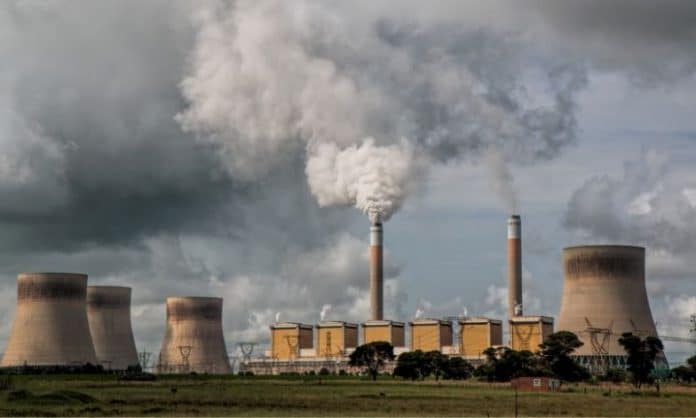Sea level rise, ocean heat, greenhouse gas concentrations and ocean acidification set alarming new records in 2021
The new report ‘State of the Global Climate 2021’ which was released by the World Meteorological Organization (WMO) in Geneva today, confirms that the past seven years have been the warmest seven years on record. Four key climate change indicators – greenhouse gas concentrations, sea-level rise, ocean heat and ocean acidification – set new records in 2021.
“Time is running out”, UN Secretary-General António Guterres warned in a video message. He used the publication of the WMO flagship report to call for urgent action to grab the “low-hanging fruit” of transforming energy systems away from the “dead-end” of fossil fuels.
Mr Guterres proposed five critical actions to jump-start the renewable energy transition. They include greater access to renewable energy technology and supplies, a tripling of private and public investments in renewables and an end to subsidies on fossil fuels which amount to roughly 10 million Euros per minute. “The world must act in this decade to prevent ever-worsening climate impacts and to keep the temperature increase to below 1.5°C above pre-industrial levels”, he said.
“It is just a matter of time before we see another warmest year on record”, said WMO Secretary-General Prof. Petteri Taalas. “Our climate is changing before our eyes. The heat trapped by human-induced greenhouse gases will warm the planet for many generations to come. Sea level rise, ocean heat and acidification will continue for hundreds of years unless means to remove carbon from the atmosphere are invented”.
Extreme weather has the most immediate impact on our daily lives. Years of investment in disaster preparedness means that we are better at saving lives, though economic losses are soaring. “We are committed to making early warnings reach everyone in the next five years”, said Prof. Taalas.
The WMO State of the Global Climate report will be used as an official document for the UN Climate Change negotiations known as COP27 to take place in Egypt later this year. The WMO report complements the IPCC Sixth Assessment Report, which includes data up to 2019.
Dozens of experts contribute to the report from Member-States including National Meteorological and Hydrological Services and Global Data and Analysis Centers, as well as Regional Climate Centres and the EU’s Copernicus Climate Change services.
Links

